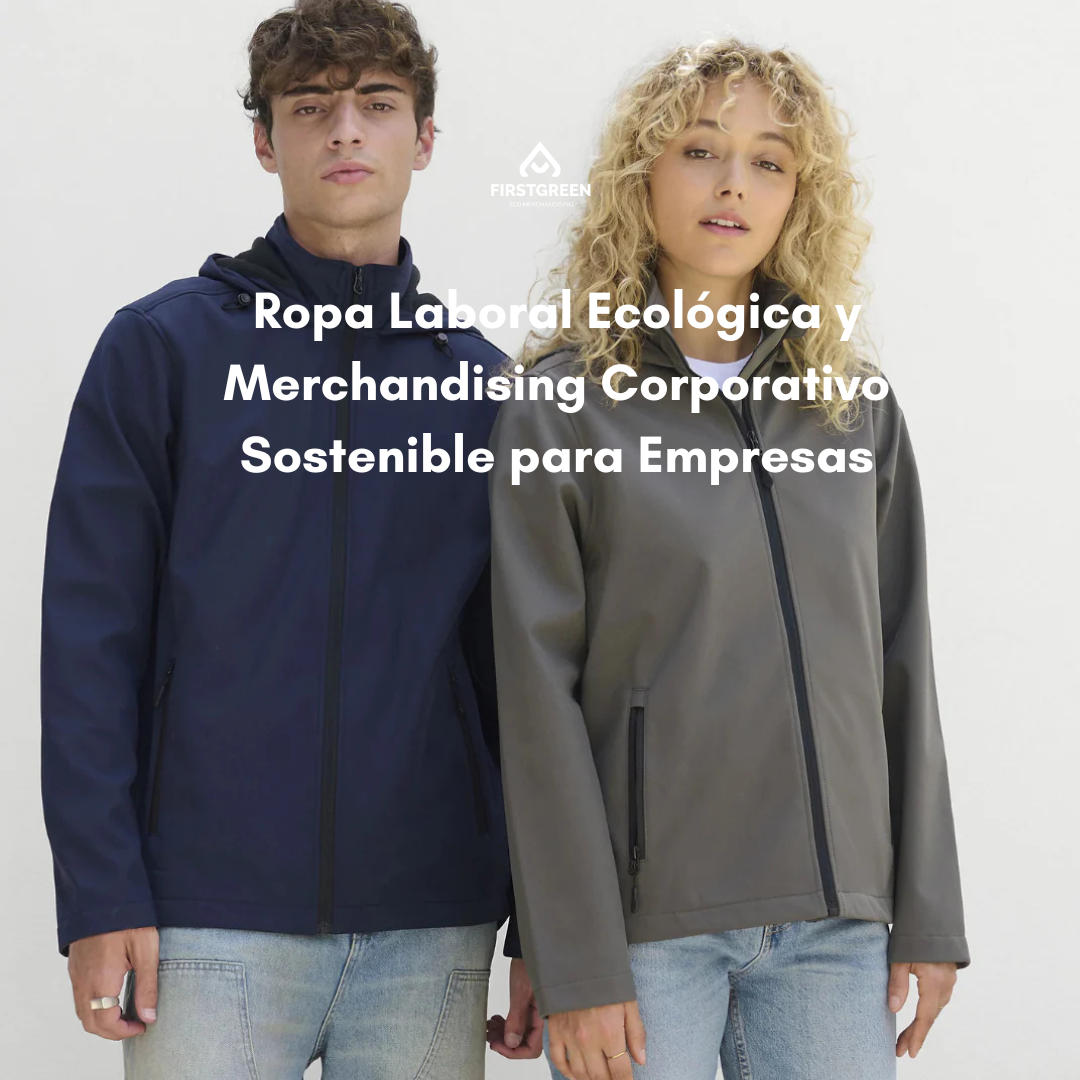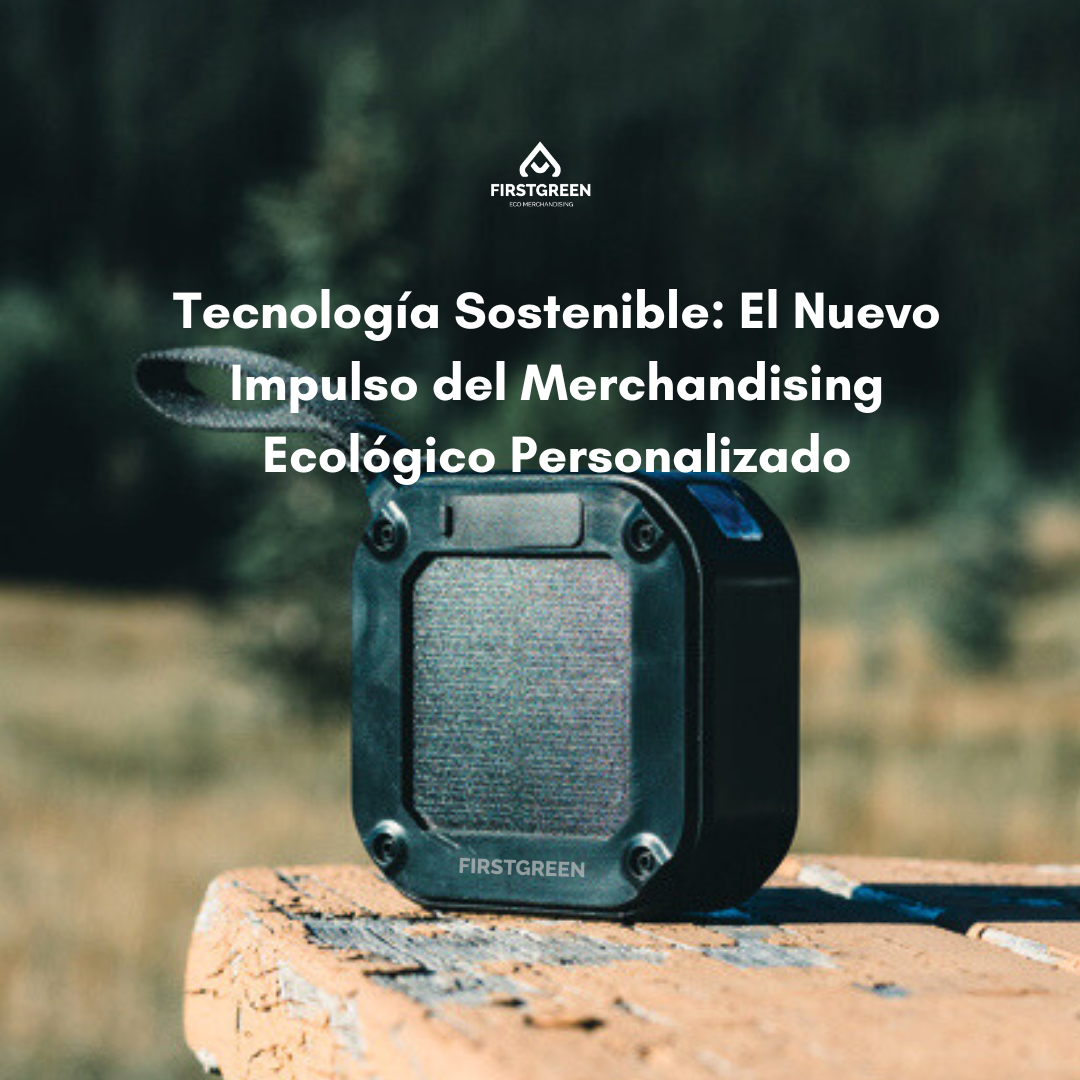Plastic, which is so present in our lives, is one of the main problems for the environment. Most of its uses are disposable, packaging that can take hundreds of years to decompose. It is estimated that every year 8 million tons of rubbish end up in the seas and oceans.
There are currently 5 islands formed by microplastics in the different seas. Even so, what we see is only the tip of the iceberg. 70% remains on the seabed, 15% in the water column and the other 15% on the surface.
For all these reasons, Firstgreen Ecological Merchandising wants to give you some tips to reduce the use of plastic both in everyday life and in the workplace, always opting for sustainable and ecological products.
These are the following:
Use reusable bottles made from sustainable materials, such as aluminum or stainless steel, glass, rPET plastic, or plant fiber materials such as wheat or PLA.

This way you can use them several times and they won't contaminate.

Don't ask for plastic bags at the supermarket, bring your own bags from home and use them as much as possible. Also use organic cotton mesh bags for fruit purchases at your supermarket and avoid wrapped products.

It is essential to avoid the use of single-use plastic plates, cutlery and cups.
Use kitchen utensils made of wood or other sustainable materials such as bamboo, wheat fiber or coffee husks.

Lighters are not biodegradable and remain in nature for years.
Shampoos without packaging, cotton buds made from recycled paper or bamboo toothbrushes. These are some of the options you can take to reduce plastic in your daily hygiene.

Made from materials as diverse as bamboo, rPET, aluminum, wheat straw, cork, etc.





